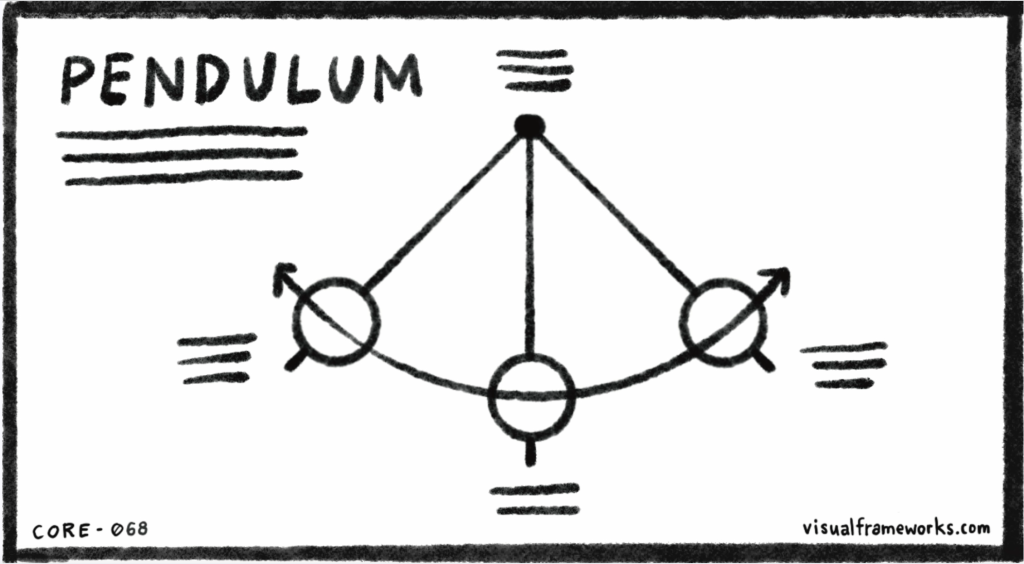Linda gave us our May challenge. We were each paired up with another Inkling, then sent off a poem and received a poem. Linda asked us to “Fiddle with, play with, tinker, tear-apart, be inspired or stumped by the poem.”
Molly sent me two poems to choose from. I picked this lovely ode to spring:
Gardening
Ancient alchemy
the shine of sun
the gurgle of water
the bump of dirt-gritty fingers,
nudging seeds from sleep
to grasp and strain against soil
to rise up and up
always a becoming
©Molly Hogan
I contemplated Molly’s words for several days, turning them over and over in my brain, waiting for them to nudge a new idea. Then, as I listened to The Slowdown one morning, Major Jackson’s question, “What if I never fell in love with the world?” finally helped an idea “rise up.” Full disclosure: many lines from this poem are taken from other poems of mine.
What if I never fell in love with the world?
What if the ancient alchemy
that turns light into life
never captured my imagination?
Would the first trills of the peepers still
fill me with glee?
Would I notice the sharp-lobed hepatica
erupting from leaf litter,
their pale pink petals
streaked like the morning sky?
So often life pulls us from
our intended path,
distracts us from
our true north.
This morning’s bird-bright
joy
confettiwraps
the world,
reminding me to meet
each day with eyes wide open,
clear intentions,
and optimism
in the face of a fickle world.
Draft © Catherine Flynn, 2024
Please be sure to visit all the Inklings to read their responses to Linda’s challenge:
Linda @A Word Edgewise
Mary Lee @Another Year of Reading
Heidi @my juicy little universe
Molly @Nix the Comfort Zone
Margaret @Reflections on the Teche
Then head over to visit Buffy Silverman for the Poetry Friday Roundup.















